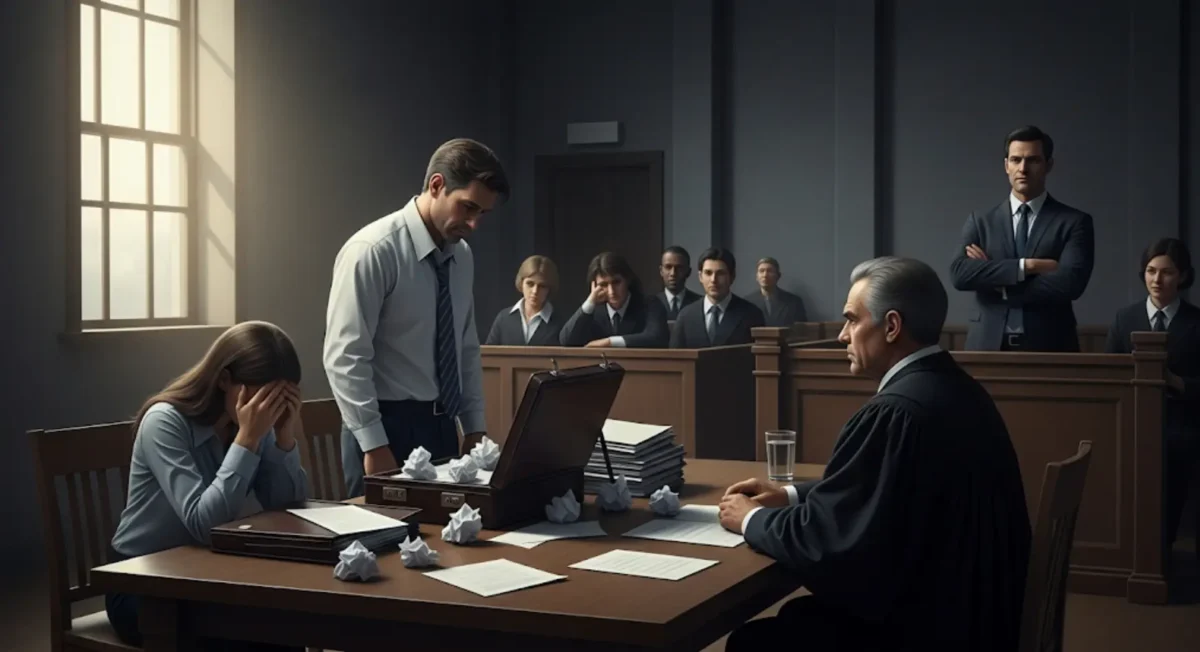What Is Legal Malpractice?

Legal malpractice happens when an attorney fails to perform their professional duties to the standard expected of a reasonably competent lawyer, and their client suffers harm as a result. Since lawyers play a critical role in protecting clients’ rights, malpractice claims are serious and can lead to both financial and reputational consequences.
Simple Definition
Legal malpractice is professional negligence by a lawyer. It occurs when an attorney’s actions—or failure to act—fall below the accepted standard of practice, causing harm to a client. Common examples include missed deadlines, conflicts of interest, or giving incorrect legal advice.
Real-Life Examples
- Missed deadlines: A lawyer fails to file a lawsuit before the statute of limitations expires.
- Conflict of interest: An attorney represents two clients with opposing interests without disclosure.
- Poor preparation: A lawyer fails to investigate evidence or call key witnesses.
- Incorrect legal advice: An attorney misinterprets the law, leading a client to lose their case or rights.
Importance of the Term
- Protects clients: Ensures lawyers are held accountable for negligence or misconduct.
- Upholds trust: Maintains public confidence in the legal system.
- Sets professional standards: Encourages attorneys to meet ethical and legal obligations.
- Provides remedies: Clients may recover damages if malpractice caused them measurable harm.
Comparison (Legal Malpractice vs. Ethical Misconduct)
| Factor | Legal Malpractice | Ethical Misconduct |
|---|---|---|
| Definition | Negligence causing harm to a client | Breach of professional ethics or rules |
| Consequence | Civil lawsuit for damages | Disciplinary action by bar association |
| Focus | Client’s loss or injury | Lawyer’s conduct, regardless of harm |
FAQ
1) What must be proven in a legal malpractice case?
The client must show negligence, a breach of duty, causation, and actual harm or damages.
2) Is losing a case always malpractice?
No. Lawyers can lose cases without committing malpractice if they provided competent representation.
3) Can clients sue for legal malpractice?
Yes. Clients may file civil lawsuits seeking compensation for harm caused by malpractice.
4) What are common defenses to malpractice claims?
Attorneys may argue the client would have lost the case anyway or that no duty was breached.
5) Who regulates lawyers accused of malpractice?
Bar associations handle discipline, while civil courts address malpractice claims.
Closing
Legal malpractice occurs when lawyers fail to meet professional standards, causing harm to their clients. It emphasizes accountability in the legal profession and provides remedies for clients who have been wronged.






